Allergy & Immunology
Expert Treatment for Asthma, Allergies and Immunology Disorders
The allergy and immunology team at Loyola Medicine includes skilled doctors with expertise and training in the care of allergies, asthma and immune deficiency disorders.
Our doctors are part of a clinically integrated care program that includes nurses, social workers, registered dietitians, gastroenterologists, pulmonologists and dermatologists.
We offer patients a full range of allergy tests and can offer relief through medication and by reducing exposure to allergens.
Children who have allergy and asthma problems are treated by Loyola’s experienced pediatric allergy and immunology team.
Why Choose Loyola for Allergy and Immunology Treatment?
For decades, Loyola’s Gottlieb Memorial Hospital has been the home of the daily Loyola Medicine Allergy Count, which gathers samples of allergens from the air to determine each day’s count of mold, weeds, grass and trees. This is communicated to media across the Chicago area from April to October and represents the official Midwest allergy count.
Our specialists are board-certified and focus on allergy and immunology medicine. They are leaders in their field, actively involved in diagnosis, treatment and research.
They also help educate members of the community about the seriousness of allergies, cross contamination risks and medical responses to anaphylactic reactions.
What Allergy and Immunology Conditions are Treated at Loyola?
Allergies are an immune reaction to a foreign substance, and frequent or repeated reactions can affect quality of life. They can affect your airways, digestive system, skin and sinuses.
Symptoms might include nasal congestion, chest tightness, chronic coughing, watery eyes and sneezing. An anaphylactic reaction is a serious medical emergency and must be treated immediately.
An immunodeficiency occurs when the immune system’s ability to fight an infectious disease is weakened or absent. This means the body will have a harder time fighting germs and might be more susceptible to infections.
Loyola’s experienced, fellowship-trained doctors treat a full range of allergies and immunodeficiencies, including:
- Hives
- Hypersensitivity pneumonitis
- Immunodeficiency disorders
- Insect sting sensitivities
- Latex allergies
- Primary immunodeficiency disorder (PIDD)
- Recurrent infections
- Secondary immune deficiencies
- Sinus drainage
- Sinusitis
- Wiskott-Aldrich syndrome
How are Allergies and Immunology Conditions Diagnosed?
In order to provide an accurate diagnosis, your Loyola allergy and immunology team will perform a comprehensive evaluation, including a physical exam and complete medical history. We’ll look at your symptoms, including breathing problems, nasal congestion, wheezing, poor sleep, sinusitis and dermatitis, and when they began.
Allergy tests often include:
- Allergen skin testing, including patch skin tests
- Blood tests, including immunoglobulin E and complete blood count (CBC)
- Methacholine challenge test (to rule out asthma)
- Nasal endoscopy
- Oral food and drug challenges
- Pulmonary function testing
An immunodeficiency is often diagnosed through a blood test that measures the amount of infection-fighting proteins you have in your bloodstream.
How are Allergies and Immunology Conditions Treated?
The best way to manage allergies and reduce symptoms is to avoid the allergens—particularly if you are allergic to a food, a drug or an animal. Severe allergic reactions need to be treated with a medicine called epinephrine.
If you or a loved one administers epinephrine, call 911 and immediately go to the emergency department.
Over-the-counter antihistamines and corticosteroids can improve day-to-day symptoms. Allergy shots given frequently over time, called immunotherapy, can reduce your body’s response to allergens.
Immunodeficiency disorders are usually treated with doses of antibodies to prevent infections; if you do get an infection, doctors will treat it aggressively.
Immunoglobulin replacement treatments may boost your immune system, and in very severe cases, a doctor may call for a stem cell transplant. Loyola has one of the largest stem cell transplant programs in the country.

Request an Appointment
We’ve made it easy to see a Loyola Medicine health care expert with a variety of convenient appointment options. Discover which way is easiest for you. Schedule an appointment today.
Our Locations
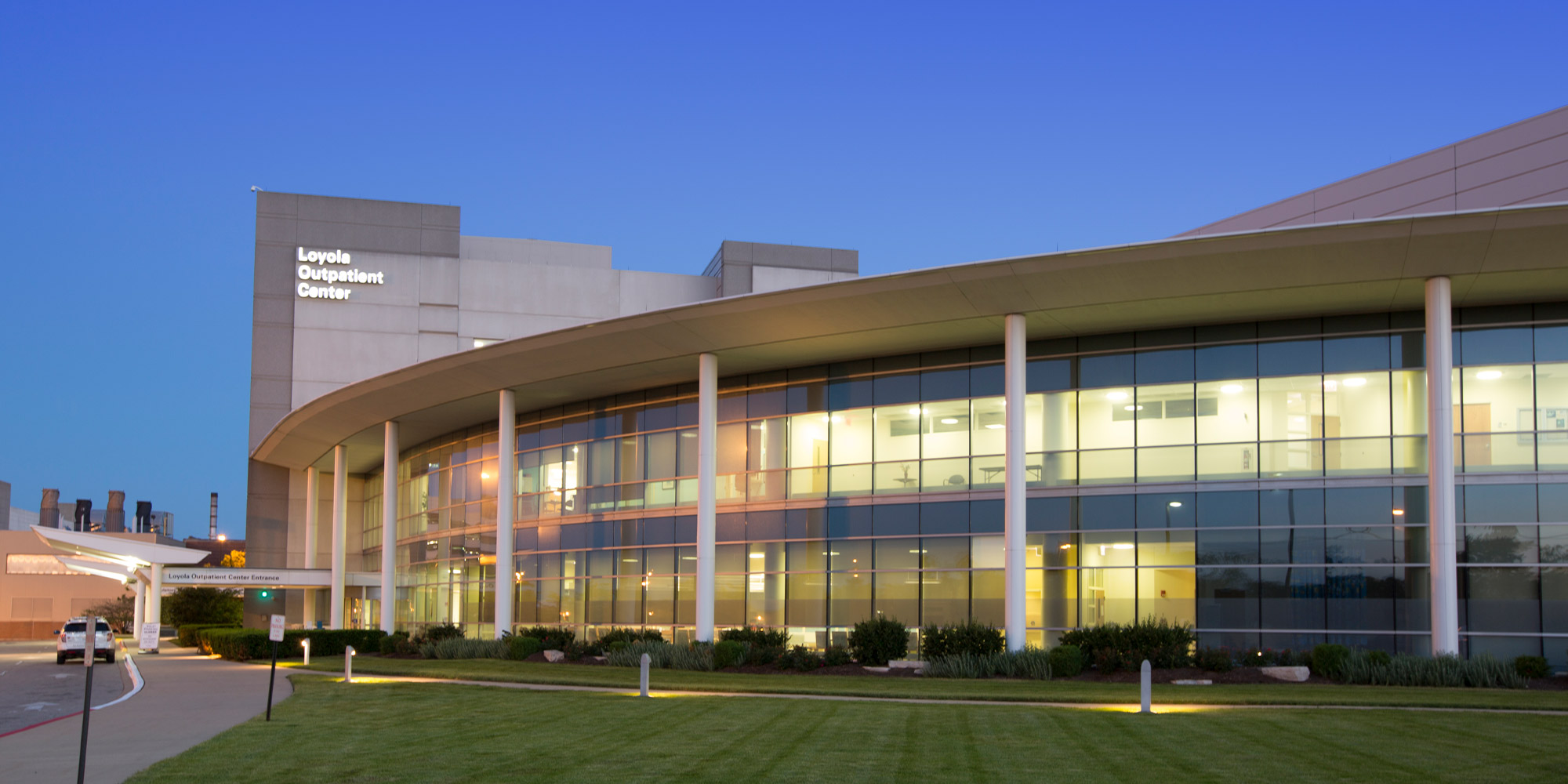
Office
Loyola Outpatient Center
2160 S First Ave
Maywood, IL 60153
Phone: 888-584-7888
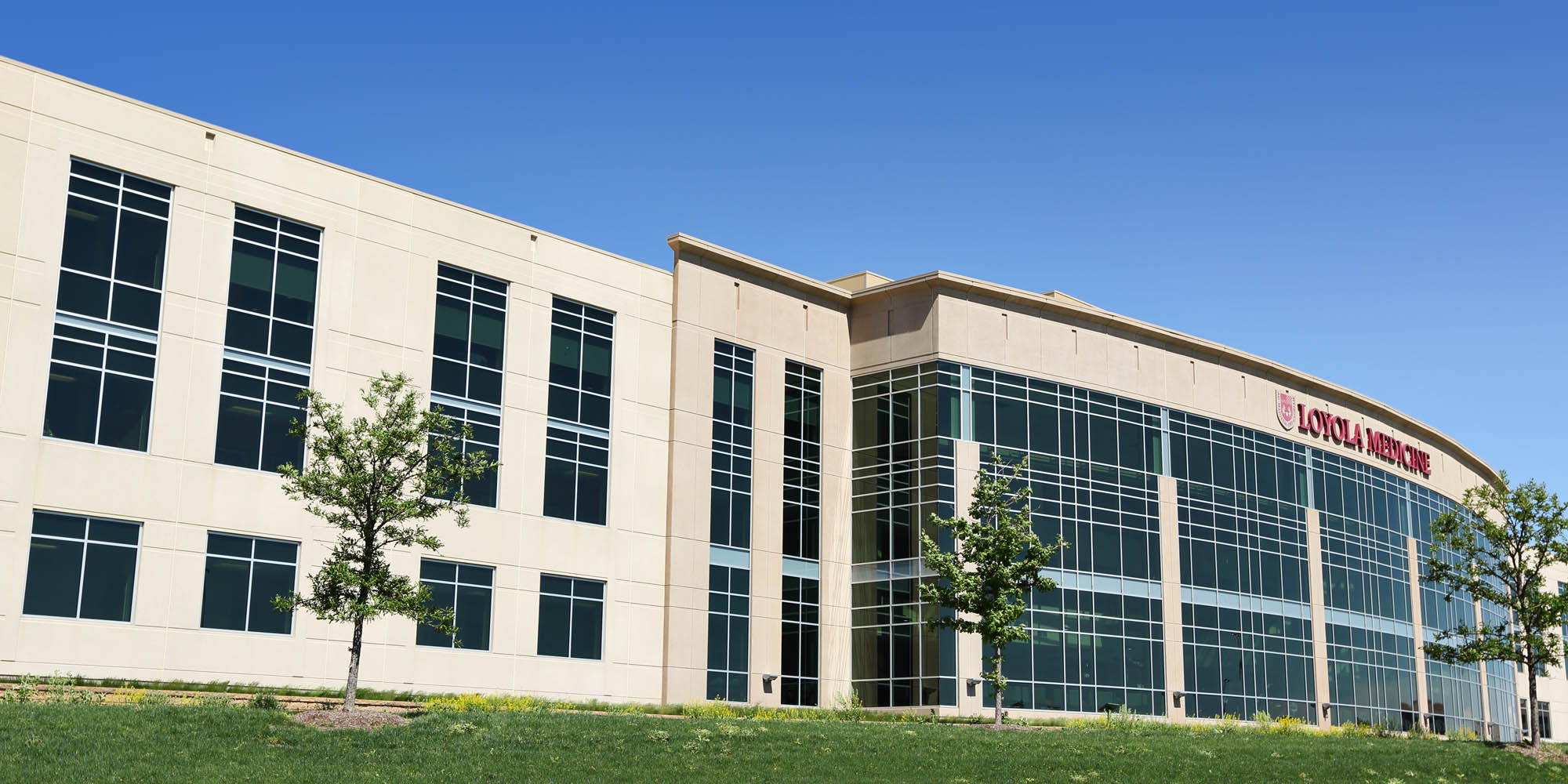
Office
Loyola Medicine Burr Ridge
6800 N Frontage Rd
Burr Ridge, IL 60527
Phone: 888-584-7888
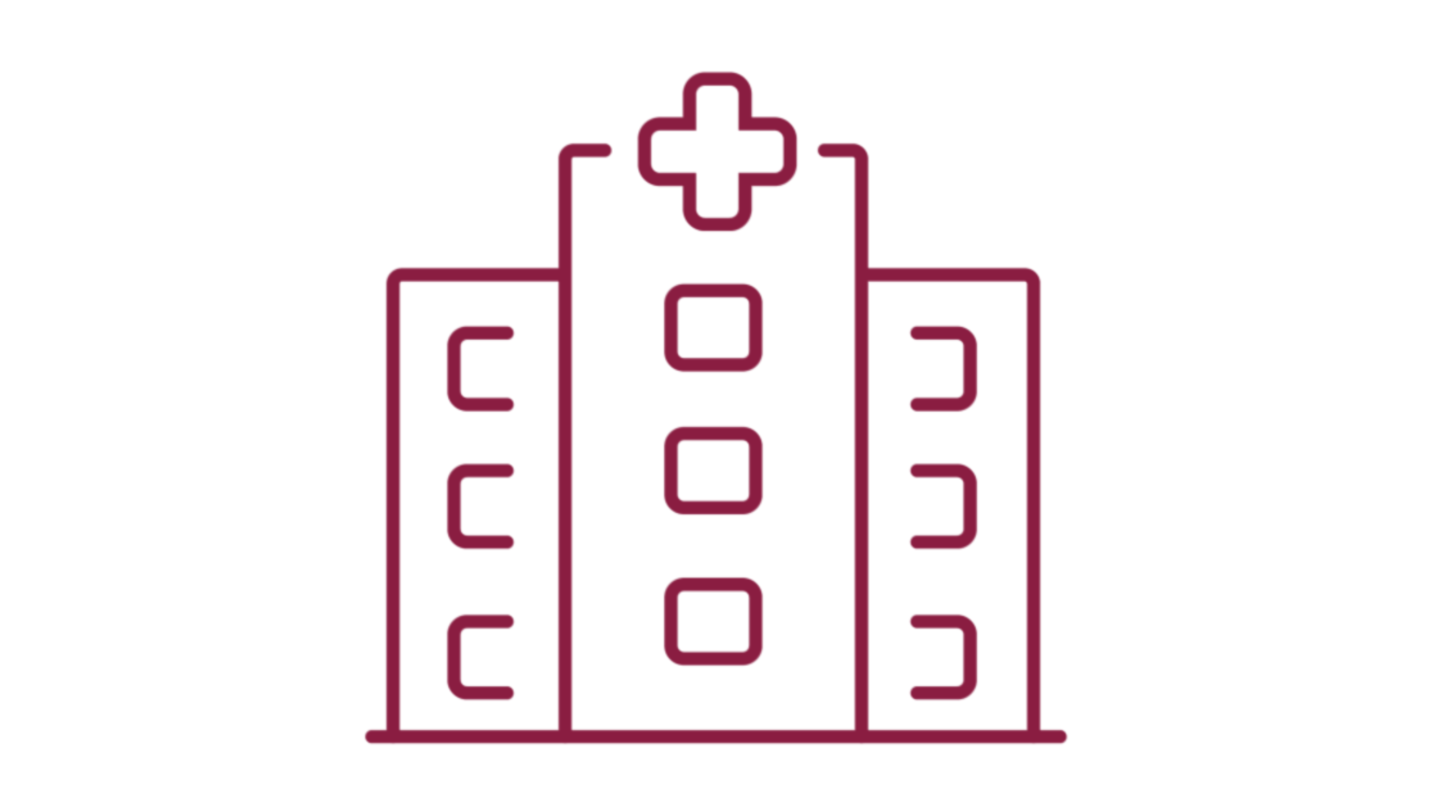
Office
Loyola Medicine Oakbrook Terrace
1S224 and 1S260 Summit Ave
Oakbrook Terrace, IL 60181
Phone: 630-953-6657

Loyola Medicine Tinley Park
17901 La Grange Road
Tinley Park, IL 60487
Phone: 888-584-7888

Office
Loyola Medicine Orthopaedics Berwyn
3345 Oak Park Ave
Berwyn, IL 60402
Phone: 708-783-0900

Office
Loyola Ambulatory Surgery Center at Oakbrook Terrace
1S224 Summit Ave
Suite 201
Oakbrook Terrace, IL 60181
Phone: 630-916-7088
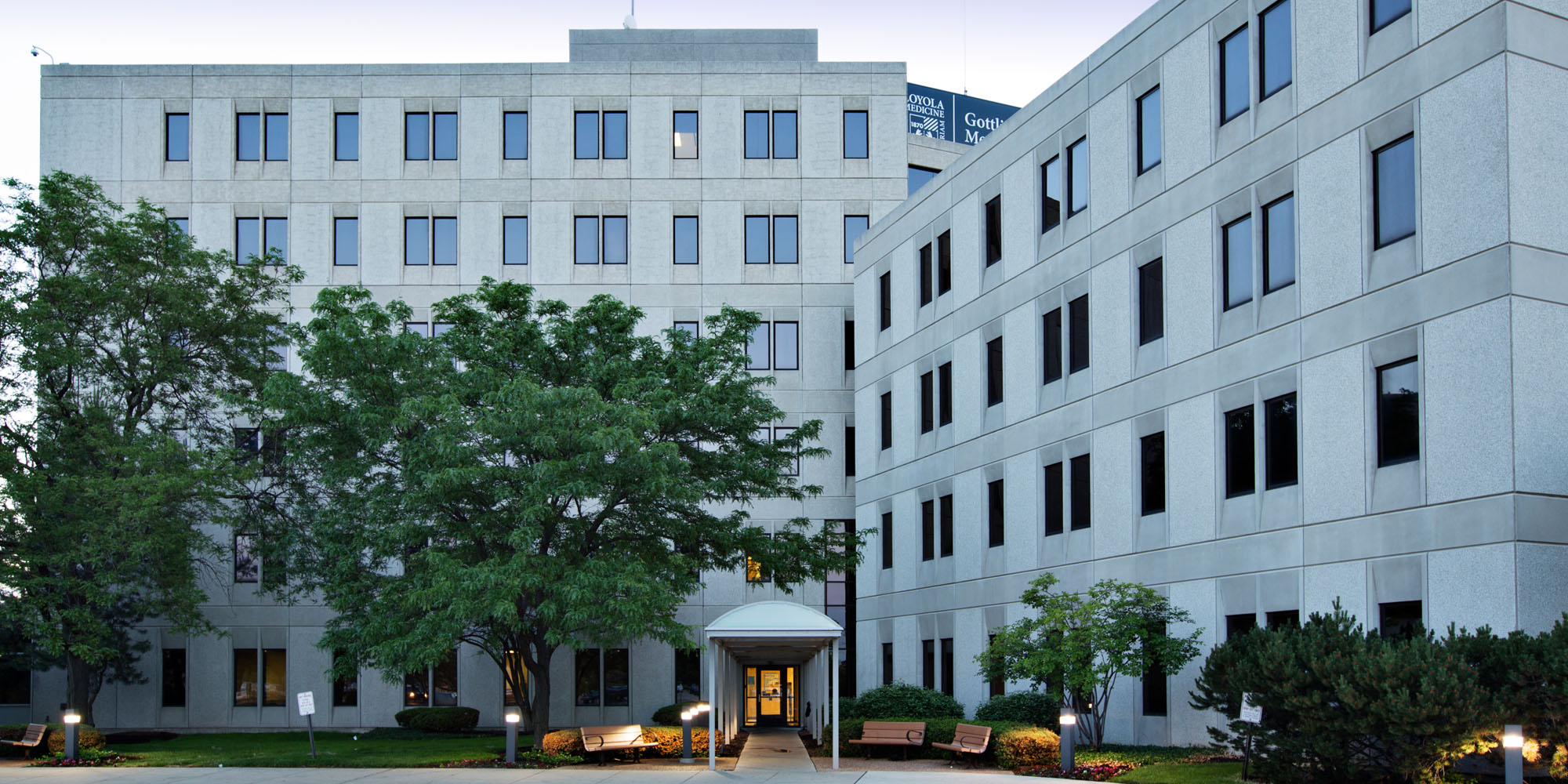
Office
Gottlieb Professional Office Building
675 W North Ave
Ste 314
Melrose Park, IL 60160
Phone: 708-450-5744

Office
Loyola Medicine Hinsdale
908 N Elm St
Ste 309
Hinsdale, IL 60521
Phone: 708-484-0621
News
-
Read articleRead article
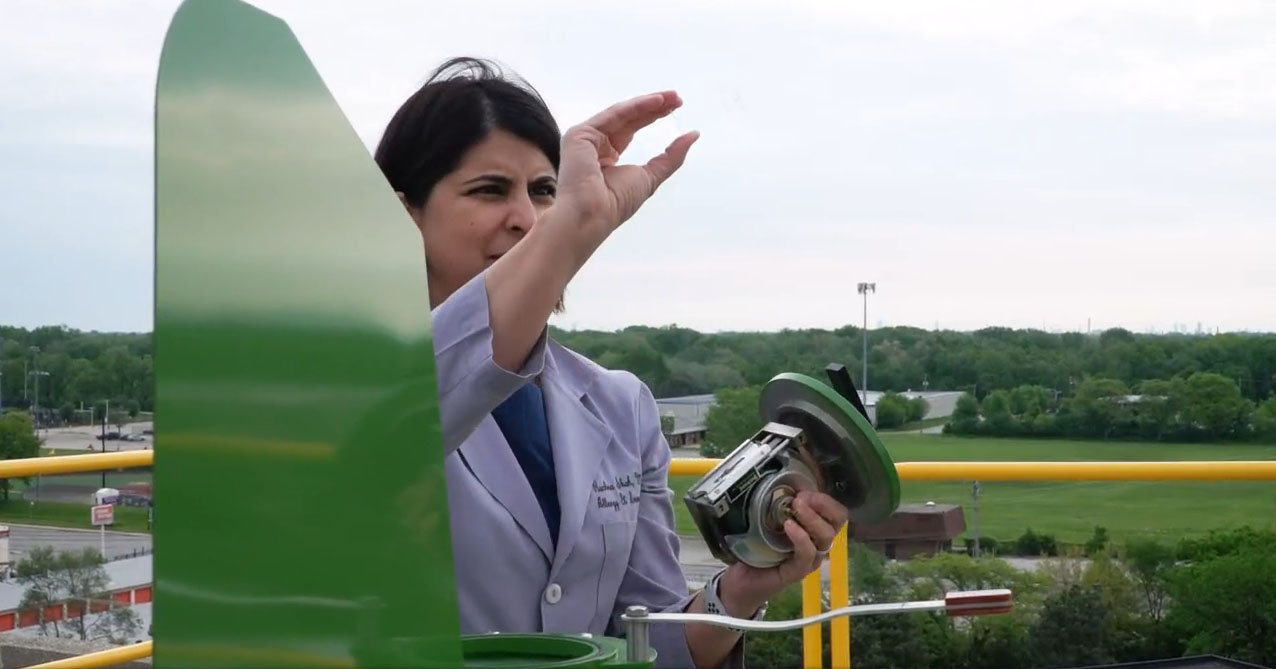
April 1, 2025
Allergy Count Returns
For more than 20 years, Loyola Medicine's Gottlieb Memorial Hospital has provided the Chicago area with updated allergy counts every weekday during allergy season. This year's official count will resume on Tuesday, April 1. Allergy sufferers can follow @LoyolaAllergy on X (formerly known as Twitter) or visit loyolamedicine.org/allergy-count for the latest numbers.
-
Read articleRead article

March 31, 2024
Allergy Count Returns
For more than 20 years, Loyola Medicine's Gottlieb Memorial Hospital has provided the Chicago area with updated allergy counts every weekday during allergy season. Allergy sufferers can follow @LoyolaAllergy on X or visit loyolamedicine.org/allergy-count for the latest numbers.
-
Read articleRead article
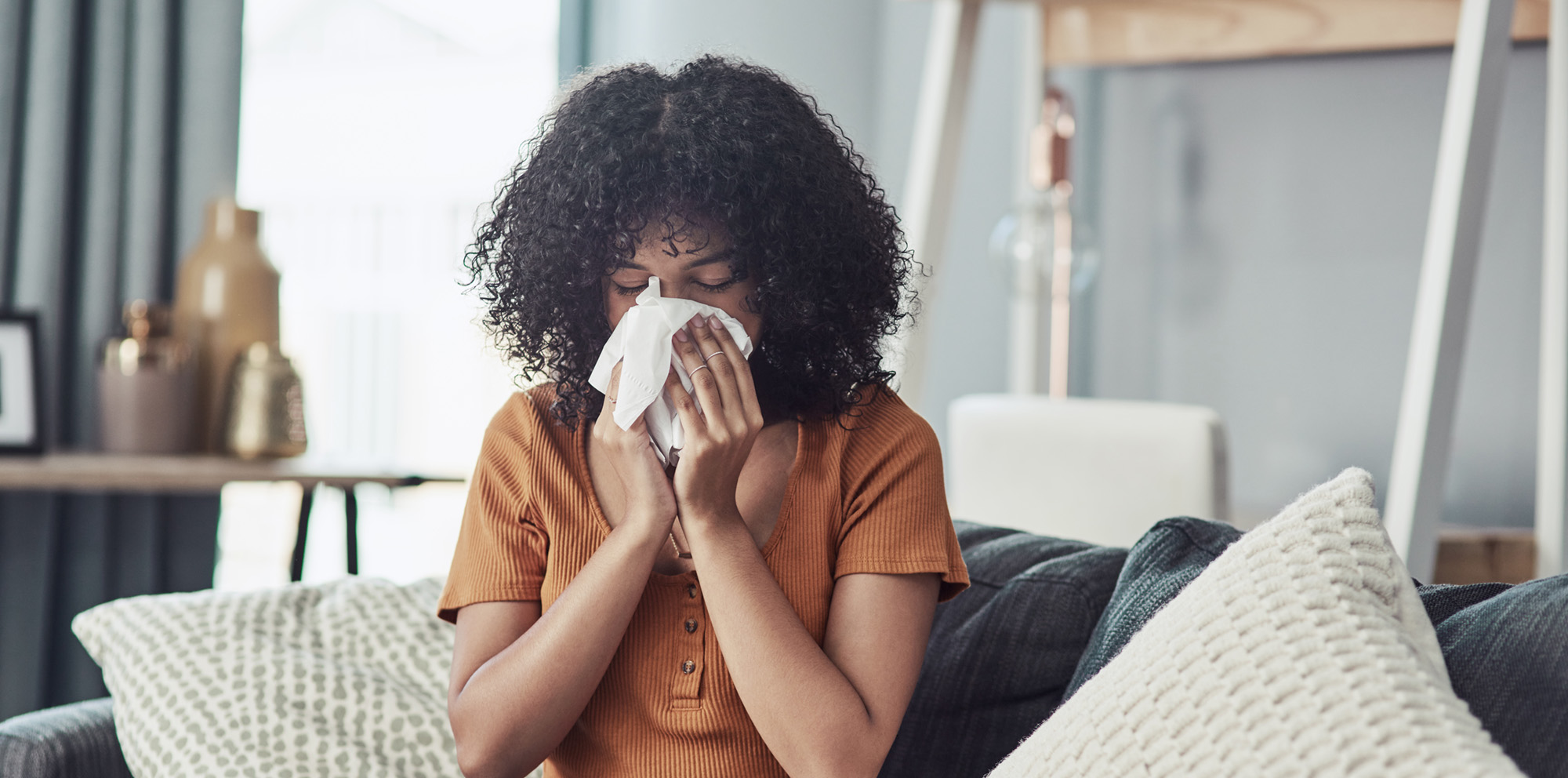
March 31, 2023
Loyola Medicine Allergy Count Returns
For more than 20 years, Loyola Medicine's Gottlieb Memorial Hospital has provided the Chicago area with updated allergy counts every weekday during allergy season.
-
Read articleRead article
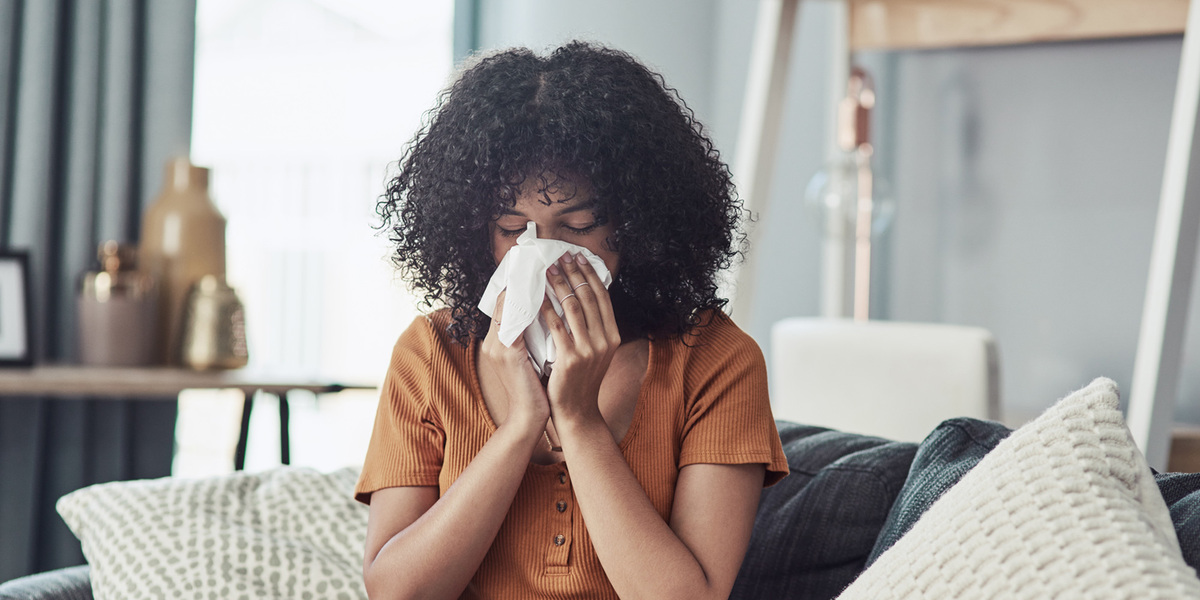
March 31, 2022
Allergy Count 2022
The Loyola Medicine Allergy Count resumed it's 2022 daily, weekday reporting on it's Twitter account starting April 1, 2022.
-
Read articleRead article
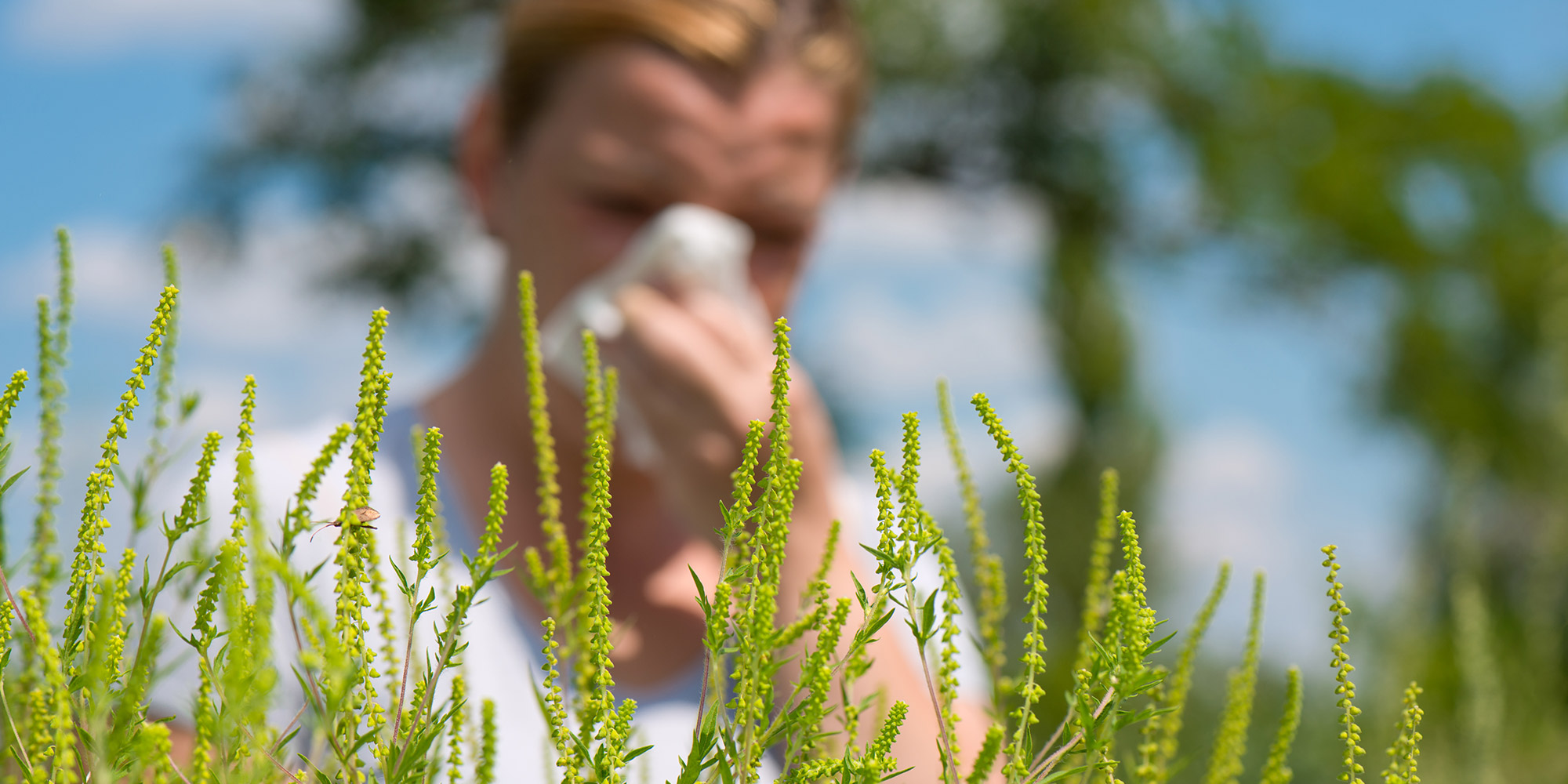
August 26, 2021
ragweedallergies
Learn more about how ragweed allergies and the rise of these allergies as the summer months draw to a close.
-
Read articleRead article

March 31, 2021
lm-allergycount
Learn more about the allergy count and make sure to follow us on Twitter to get the daily allergy count.
-
Read articleRead article
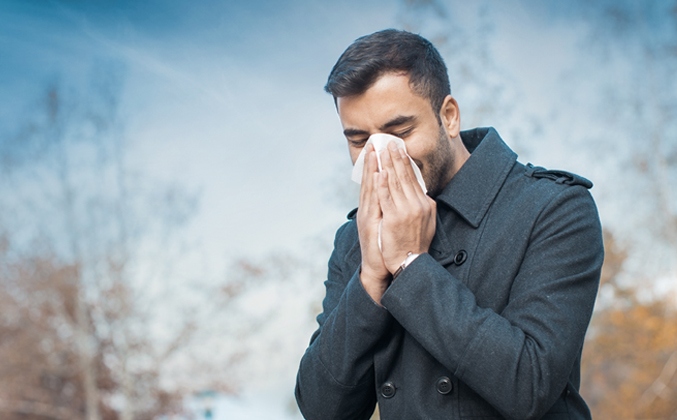
August 20, 2020
As Ragweed Levels Rise, It's Time to Prepare for Fall Allergies
Ragweed levels are beginning to rise, says Rachna Shah, MD, an allergist who oversees the Loyola Medicine Daily Allergy Count. And as some allergy symptoms mirror those of COVID-19, seasonal allergy sufferers should be especially vigilant when adhering to treatment plans and precautions.
